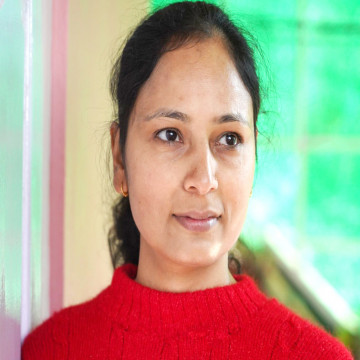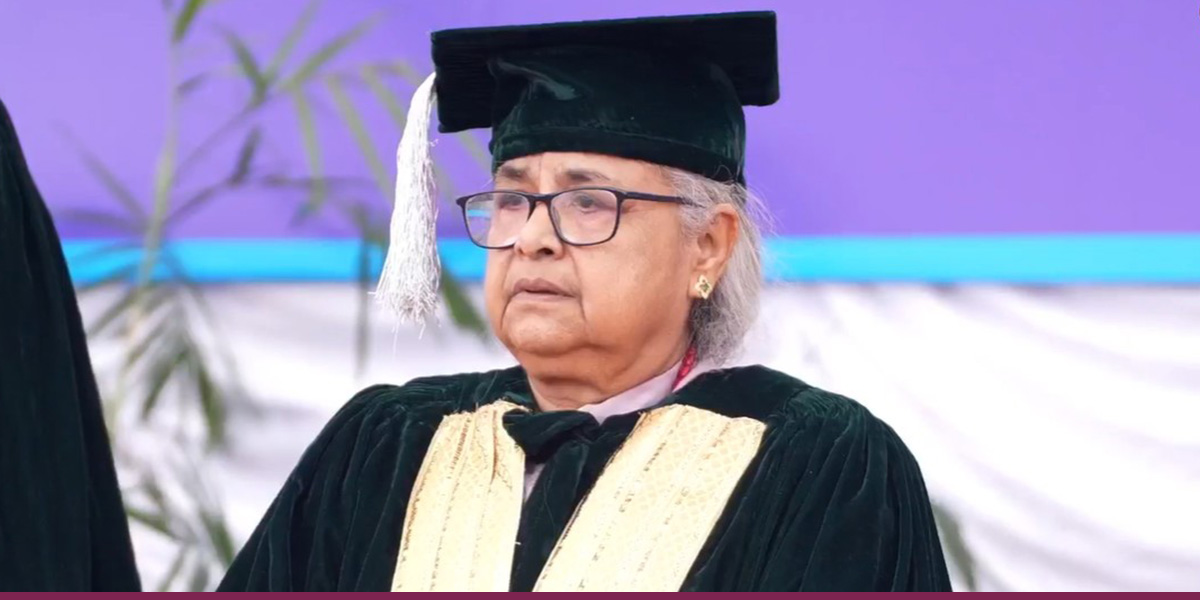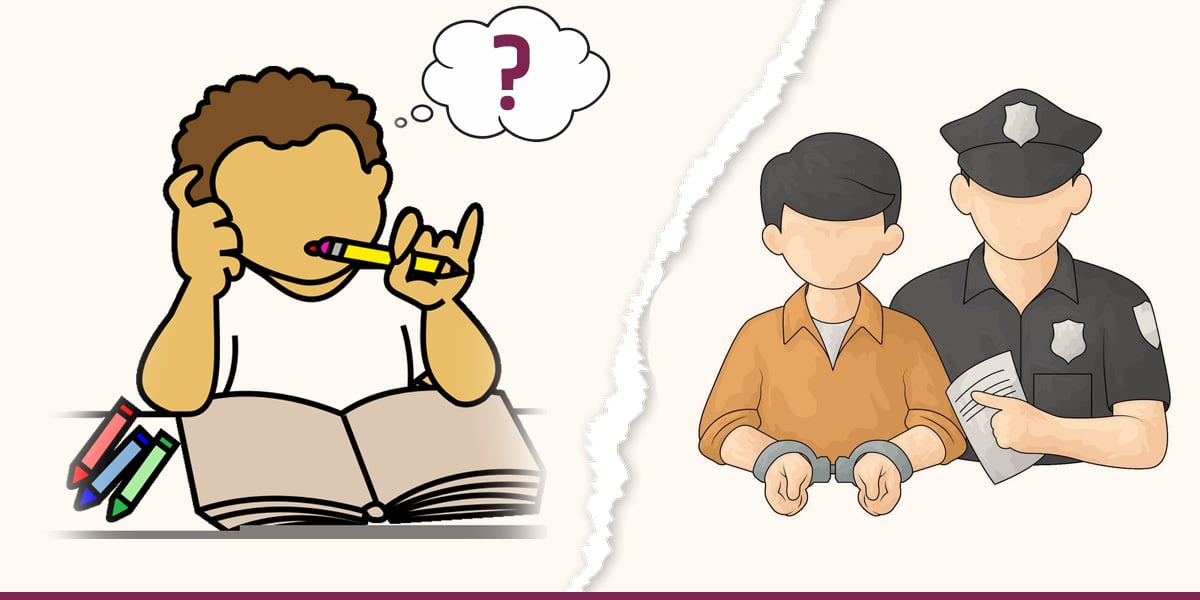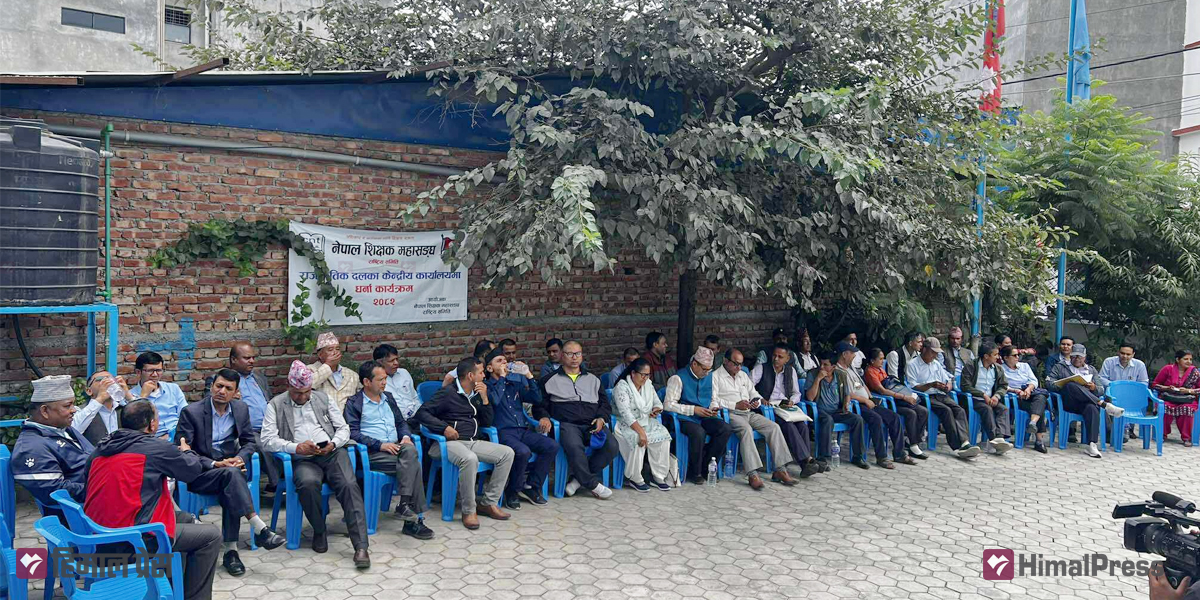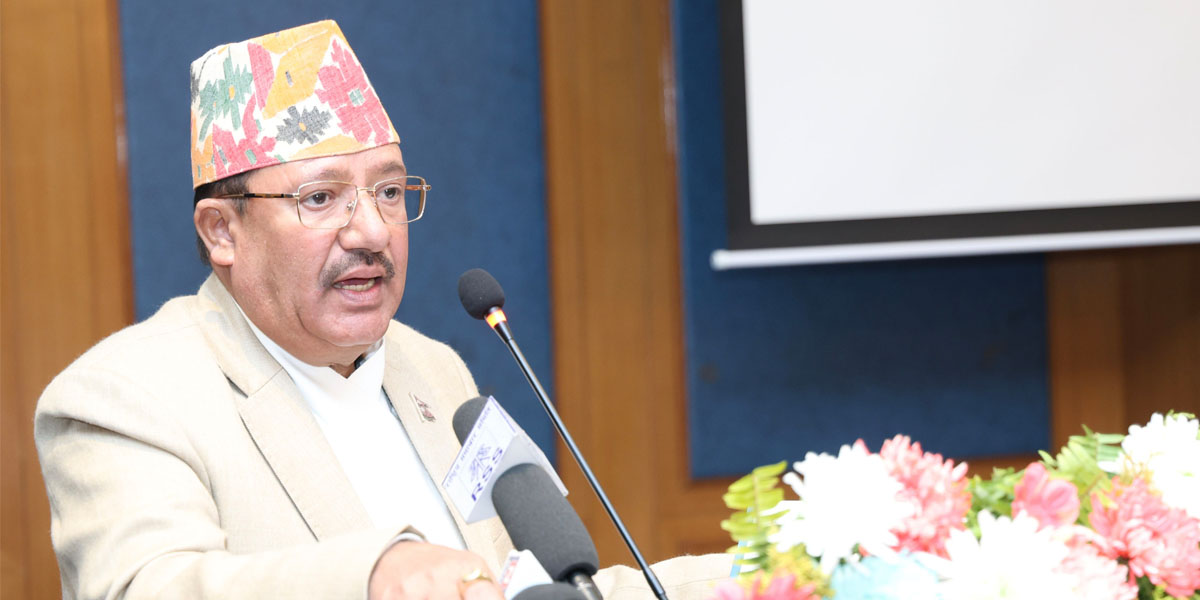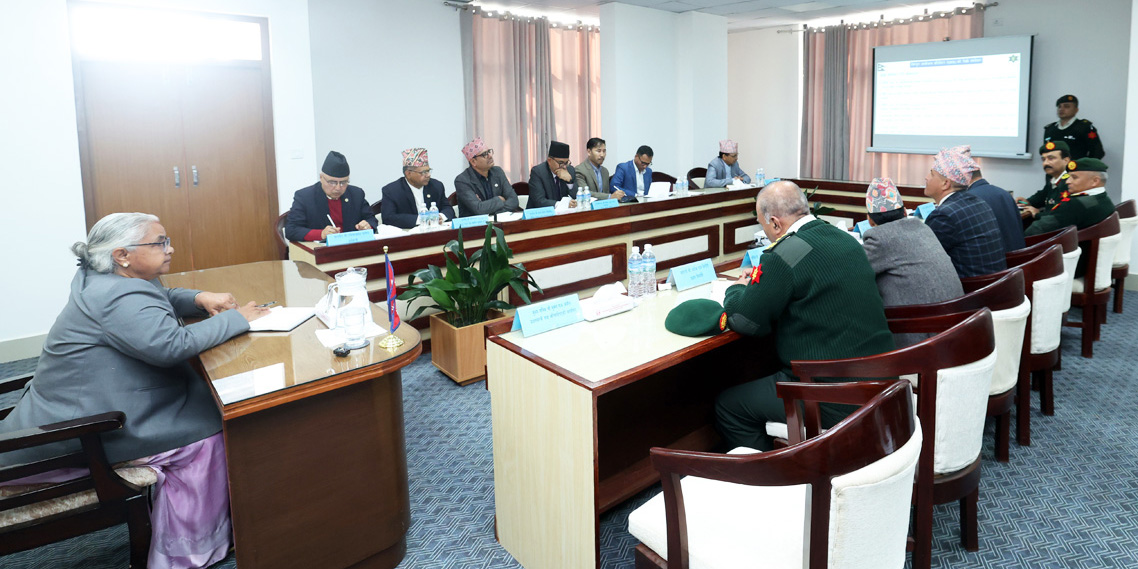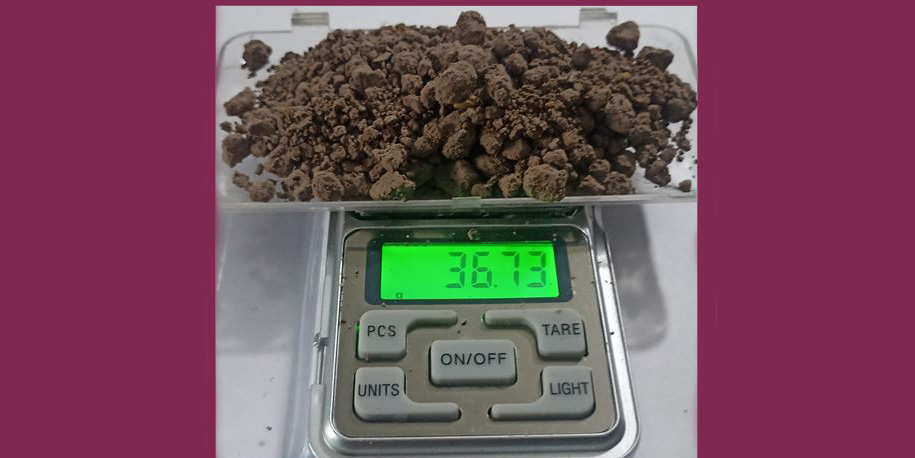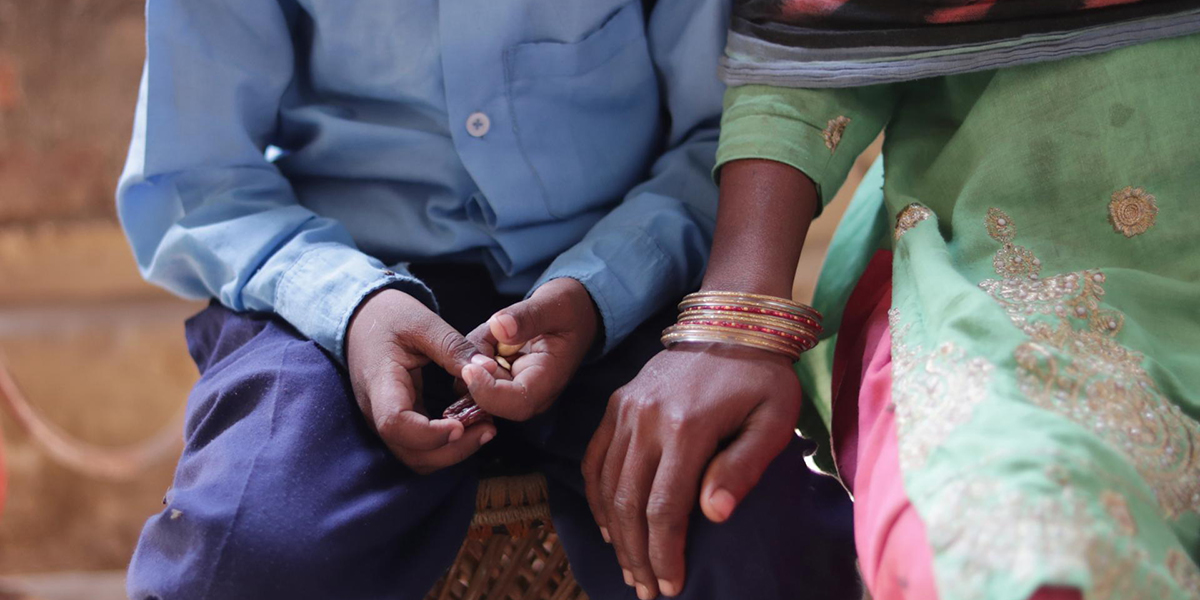 Representative Image. Photo Courtesy: UNICEF
Representative Image. Photo Courtesy: UNICEF
KATHMANDU: Simran Thapa, a 4th-year BDS student at Chitwan Medical College, took her own life after being forced out of the exam hall by a teacher. According to Simran’s classmates, the teacher had subjected her to mental stress and accused her of cheating during the examination. Police investigations revealed that she committed suicide shortly after returning to her room.
Jit Bahadur Sarki (19) of Chainpur in Jwalamukhi Rural Municipality-7 of Dhading, also ended his life. Jit Bahadur, a Class 12 student known for his academic achievements, had also been supporting his family as his father was disabled. When he went to collect his examination admission card from school on May 3, the school asked to pay a due amount of Rs 2,100 first. Having already spent all his money on his father’s treatment a few days earlier, he had no money left. Jit Bahadur returned home empty-handed and took his own life that night. His parents claim that he felt compelled to do so because he couldn’t take the exam.
In January, Soni Rajbanshi (17) of Gauriganj Rural Municipality-3 in Jhapa, also took her life by hanging. The police arrested Pawan Kumar Das, a teacher at Gaurigunj Secondary School, on charges of forcing the 11th grader to commit suicide. Das, who headed the school’s discipline department, had allegedly beaten up Soni for violating discipline. She took her life that evening. The family alleges that Soni, already under mental stress due to the teacher’s abuse, made the tragic decision to end her life.
Schools have traditionally been regarded as a safe haven for children, often referred to as their second home. However, recent incidents have highlighted the disturbing trend of schools becoming unsafe student environments.
In particular, cases of indecent behavior by teachers have emerged as a contributing factor to student suicides. It is deeply concerning that young students are resorting to taking their own lives due to the persecution they face within the school system. Instances have been reported where students, unable to cope with the mental trauma inflicted by teachers over unpaid school fees, feel compelled to end their lives.
It is deeply concerning that young students are resorting to taking their own lives due to the persecution they face within the school system.
Psychiatrists say they are observing a distressing trend wherein students, witnessing the mistreatment within educational institutions, start to believe that death is preferable to continuing their studies. Educationist Bidya Nath Koirala strongly believes individuals who drive students to commit suicide are unfit to be teachers. He believes that teachers who deny students the opportunity to take exams and publicly humiliate them over financial matters should not be entrusted with the responsibility of educating young minds.
Koirala pointed out that students are often handled with two distinct approaches: the Chinese approach and the American approach. The Chinese approach emphasizes a combination of love and control, where teachers closely monitor students’ progress, ensuring they complete their assignments and maintain discipline. In contrast, the American approach grants students more freedom without excessive control or pressure, while also teaching how to deal with stress.
“There seems to be a desire to adopt the American system in Nepal, but the behavior exhibited by teachers reflects a more Chinese approach,” he added. “This inconsistency creates confusion among students, who find themselves caught between conflicting expectations from parents and schools, leading them to make unfortunate choices.”
Psychologist Gopal Dhakal says students already face stress due to academic pressures, exams, and the fear of failure. “The abusive behavior of teachers and schools further compounds this stress which can have devastating consequences for their mental well-being,” he added.
To improve the teacher-student relationship, Abhinaya Shakya Pradhan, managing director of ‘Manaka Kura,’ emphasizes the importance of prioritizing mental health. His organization visits schools to provide counseling sessions and promote a healthy relationship between students and teachers. “Teachers should avoid labeling students as “bright” or “dull” as it can deeply hurt their self-esteem and potentially push them toward thoughts of suicide,” he added.
Suprabhat Bhandari, president of the Nepal Parents Federation, says that schools must strive to become more student-friendly to prevent such tragic incidents. Parents also play a crucial role by remaining involved and attentive to their children’s needs. Bhandari suggests implementing counseling services both at home and within schools, as students can be susceptible to making hasty decisions under stress.
To improve the teacher-student relationship, Abhinaya Shakya Pradhan, managing director of ‘Manaka Kura,’ emphasizes the importance of prioritizing mental health.
Pradhan emphasizes the need for teachers to establish trust and a friendly environment for students, identifying any mental health issues and promptly informing school administrators and parents. “Schools should have a friendly environment for both teachers and students. Teachers should be able to win the confidence of students. Their way of speaking and conduct matters a lot,” he added.
According to Koirala, teachers must break the cycle of perpetuating the same negative behaviors they experienced as students. Changing such mindsets is essential for the well-being of students, he added.
Psychologist Dhakal says schools should not wield exams as weapons against students. “The school administration, promoters, and parents must be sensitive to the pressures and challenges students face due to their age and academic demands,” Dhakal said.
Bhandari believes these problems can be addressed by reducing excessive practices within the school. “Schools should create an environment where students feel respected and valued. The goal should be to build schools that students want to attend rather than ones that make them feel humiliated,” he added.

